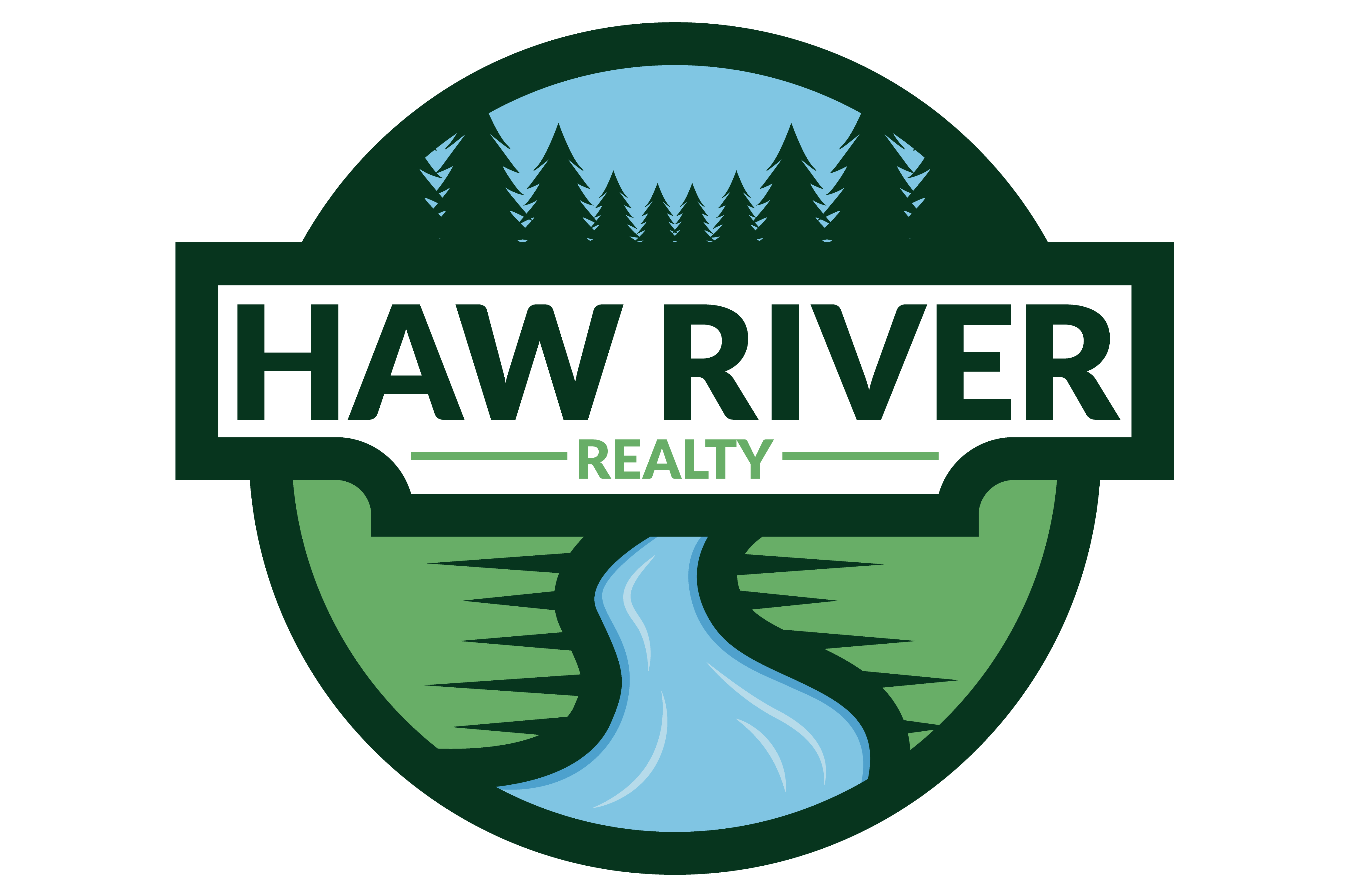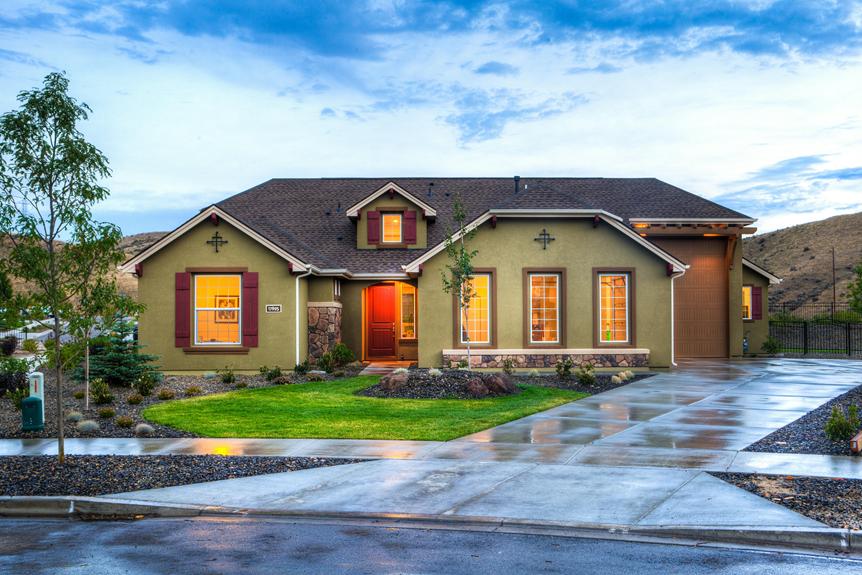Are you ready to dip your toes into the Raleigh real estate market, or do you find yourself standing at the crossroads of selling your home? This treasure trove of articles provides you with insider knowledge on understanding Raleigh’s market dynamics, strategies for buying a home that fits your dreams, and tips for selling your property effectively. You’ll learn how to choose the right real estate agent, a decision that can make or break your experience. Moreover, if you’re considering investing, you’ll find valuable insights to navigate the process. With a focus on the Raleigh area, you’ll become well-versed in local real estate transactions, ensuring you’re equipped to make informed decisions.
Key Takeaways
- Understanding Raleigh’s market dynamics is crucial for making informed decisions in real estate.
- Thorough property inspections and analyzing various lenders are important strategies for home buyers.
- Setting a competitive price, effective staging, and targeted marketing strategies are essential for selling a Raleigh home.
- Conducting a thorough market analysis, accurately pricing homes, and utilizing strategic staging techniques are key pricing strategies in Raleigh.
Understanding Raleigh’s Market
While you’re exploring your real estate options, it’s essential to grasp that Raleigh’s market dynamics are influenced by factors like local economic growth, housing demand, and inventory levels. Raleigh’s demographics reveal a diverse and growing population, a factor that significantly impacts housing needs and preferences. You’ll find a range of neighborhood attractions catering to different lifestyles, from family-friendly parks to vibrant arts districts, each adding value to local real estate.
A closer look at the economic indicators suggests a robust job market fueling population growth and, consequently, housing demand. The influx of new residents, combined with Raleigh’s reputation for a high quality of life, means you’re facing a competitive market. Inventory levels often fluctuate, and understanding current trends is crucial to making informed decisions. It’s not just about the number of available properties but also their types, locations, and price points in relation to Raleigh’s diverse neighborhoods.
Analyzing these variables, you’ll notice that some areas may offer more attractive investment opportunities based on their demographic appeal and unique neighborhood attractions. Therefore, when you’re weighing your options, consider how these factors could influence the long-term value of your real estate investment in Raleigh.
Home Buying Strategies
Armed with an understanding of Raleigh’s market dynamics, you’ll need to craft a savvy home buying strategy that aligns with your goals and the current housing landscape. It’s essential to prioritize a thorough property inspection to avoid unforeseen expenses post-purchase. An inspection can reveal critical issues that could impact your decision or provide leverage for negotiations.
When considering mortgage options, analyze various lenders to secure the best terms. Fixed-rate mortgages might offer stability if you’re planning long-term homeownership, while adjustable-rate mortgages could be advantageous if you anticipate moving within a few years. It’s crucial to understand the implications of each mortgage type on your finances, both immediately and in the long run.
Developing a coherent strategy also means being prepared to act swiftly. In a competitive market like Raleigh, you’ll often need to make quick, yet informed decisions. Have your financial documentation ready and maintain open communication with your real estate agent to expedite the process.
Selling Your Raleigh Home
When selling your Raleigh home, it’s crucial to set a competitive price that reflects current market conditions. You’ll need to stage your home effectively to showcase its potential to prospective buyers. Implementing targeted marketing strategies can significantly increase your home’s visibility and attract more offers.
Pricing Strategies
Before setting a price for your Raleigh home, it’s crucial to understand the local market trends to ensure your listing attracts serious buyers. Conducting a thorough market analysis is your starting point; it’ll provide insight into what similar homes in your area are selling for. This data helps you determine a competitive pricing strategy that aligns with the current market conditions, ensuring you don’t undervalue or overprice your property. Remember, accurately priced homes tend to sell faster and for a better price. As you aim for the sweet spot in pricing, consider the appeal of your home to potential buyers and adjust accordingly. With the right price set, you’re now ready to enhance your home’s allure through effective staging techniques.
Home Staging Tips
Maximize your home’s appeal to Raleigh buyers with strategic staging techniques that highlight its best features. Start with decluttering essentials; remove personal items, excess furniture, and clutter to create a clean, spacious environment. This not only makes rooms appear larger but also allows buyers to envision their own lives in the space. Utilize color psychology to enhance the mood; soft, neutral hues can make spaces feel calming and welcoming, while strategic pops of color can draw attention to key areas. Remember, staging isn’t about personal taste—it’s about showcasing your home in a way that resonates with the broadest audience.
Next, let’s explore how these staging efforts complement innovative marketing methods to attract potential buyers.
Marketing Methods
With your Raleigh home staged to impress, it’s time to delve into effective marketing strategies that’ll ensure it catches the eye of potential buyers. In today’s digital age, digital advertising is paramount. Crafting targeted ads and optimizing your online presence can significantly increase your home’s visibility. Utilize high-quality photos and virtual tours in your listings to showcase your home’s best features.
Social media platforms are also invaluable tools for reaching a broad audience. Regular, engaging posts on platforms like Facebook, Instagram, and Twitter can create buzz and attract interest. Remember, it’s not just about the quantity of your marketing efforts but the quality and reach. By combining digital advertising prowess with savvy social media tactics, you’ll be well-positioned to sell your Raleigh home effectively.
Choosing the Right Agent
While you’re navigating the Raleigh real estate market, choosing the right agent is crucial for a smooth transaction. The agent’s expertise can be the difference between an average deal and a great one. An agent with in-depth knowledge of the Raleigh market trends and property values is essential. They will understand the nuances of the local market, from the most sought-after neighborhoods to the up-and-coming areas ripe for investment.
Moreover, negotiation skills are non-negotiable when selecting your real estate agent. You need someone who can advocate for your interests, whether you’re buying or selling. A skilled negotiator will work to ensure you’re getting the best possible terms and conditions. They can handle complex conversations with ease, minimizing stress during bidding wars or when hammering out contract details.
When you’re assessing potential agents, look at their track record. How well have they performed for past clients? Seek out testimonials and ask for references. It’s also worth examining whether they have any specialized designations or certifications that align with your real estate goals. Remember, the right agent will be your ally, offering guidance, expertise, and negotiation prowess to steer you towards a successful real estate venture.
Investing in Raleigh Property
When you consider investing in Raleigh property, it’s crucial to examine the market growth trends that signal a robust economic future. You’ll find that property investment returns in Raleigh are bolstered by a consistent demand for housing, driven by the city’s expanding tech sector and educational institutions. To make an informed decision, analyze these trends and returns against your investment goals and risk appetite.
Market Growth Trends
You’ll notice considerable growth in the Raleigh real estate market, with a substantial number of properties appreciating in value over the past few years. This trend is clear in both market analysis and growth forecasting, which suggest that investing in Raleigh is a wise decision. Here’s what the numbers reveal:
- Market Analysis
- Historical data shows consistent year-over-year increases in median home prices.
- The demand in Raleigh has outpaced supply, indicating a seller’s market.
- Growth Forecasting
- Projections for the next few years remain positive, with an expected continuation of appreciation rates.
- New infrastructure and job opportunities are likely to sustain and possibly accelerate this growth.
Making sense of these trends requires a keen eye for detail and an understanding of the underlying economic drivers.
Property Investment Returns
Considering the robust market growth trends, investing in Raleigh property can yield significant returns for you as an investor. When you analyze the potential of the Raleigh real estate market, it’s crucial to perform a thorough risk assessment. This means examining factors such as local economic indicators, property taxes, and rental market trends. Investment diversification within the Raleigh area can also help mitigate risks, spreading your investments across different property types and neighborhoods.
Navigating Real Estate Transactions
Navigating the complexities of property buying and selling, you’ll benefit from understanding the critical steps involved in real estate transactions. It’s not just about finding the right property; it’s also about steering clear of transaction pitfalls and employing effective negotiation tactics. Here’s a concise guide:
- Pre-transaction Preparation
- Educate yourself on market trends and property values
- Get pre-approved for financing to streamline the process
- *Transaction Pitfalls*
- Overlooking property inspections leading to unforeseen expenses
- Failing to obtain a clear title, resulting in legal complications
- *Negotiation Tactics*
- Understanding the seller’s motivations to craft a compelling offer
- Utilizing contingencies to safeguard your interests without overreaching
- Closing the Deal
- Ensure all paperwork reflects the agreed terms accurately
- Be prepared for closing costs to avoid last-minute financial surprises
Conclusion
In conclusion, with a vibrant market where homes sell within an average of just 14 days, Raleigh’s real estate scene demands your swift action and informed decisions. Whether buying, selling, or investing, the right agent is your linchpin to success. Embrace the pace, lean on expertise, and make your move in Raleigh with confidence. The market waits for no one, and that statistic alone should ignite your determination to dive in.
Frequently Asked Questions
How Does the History and Cultural Development of Raleigh Influence Current Real Estate Trends and Values?
Raleigh’s historic preservation and cultural districts significantly shape today’s real estate trends and values. You’ll find property values in these areas are often higher due to their unique charm and historical significance. They attract buyers looking for a connection to the city’s past, as well as vibrant community life. As you consider investing, remember these neighborhoods often lead in desirability, influencing the broader market’s supply and demand dynamics.
What Are the Environmental and Sustainability Considerations When Purchasing Real Estate in Raleigh?
When you’re eyeing real estate in Raleigh, consider green building practices which ensure energy efficiency and reduce your carbon footprint. Look for properties with sustainable materials and smart design. Urban farming potential is another plus, providing local food sources and promoting community. These factors not only benefit the environment but may also offer long-term savings and enhance your living standards. Always weigh these eco-friendly aspects before making your purchase.
How Do the Educational Institutions in Raleigh Impact the Local Real Estate Market, Particularly in Areas Close to Universities and Colleges?
Educational institutions significantly influence Raleigh’s real estate market. You’ll notice that properties near universities often command higher prices due to the demand for student housing. Additionally, as colleges expand academically, surrounding areas see a boost in development, attracting investment and improving amenities. This academic expansion directly feeds into local real estate dynamics, shaping both the rental and sales markets. Being knowledgeable about these trends can guide your investment decisions.
What Are the Future City Planning Initiatives in Raleigh That Could Affect Homeownership and Real Estate Investment Opportunities?
Imagine Raleigh’s skyline stretching out as urban expansion reshapes the city. You’ll see transportation projects like new transit lines transforming access to neighborhoods. These initiatives signal a shift in homeownership trends and real estate investment opportunities. You’re looking at a market where proximity to infrastructure could significantly boost property values, so it’s crucial to analyze these changes for future investments. Stay informed to navigate Raleigh’s evolving landscape wisely.


